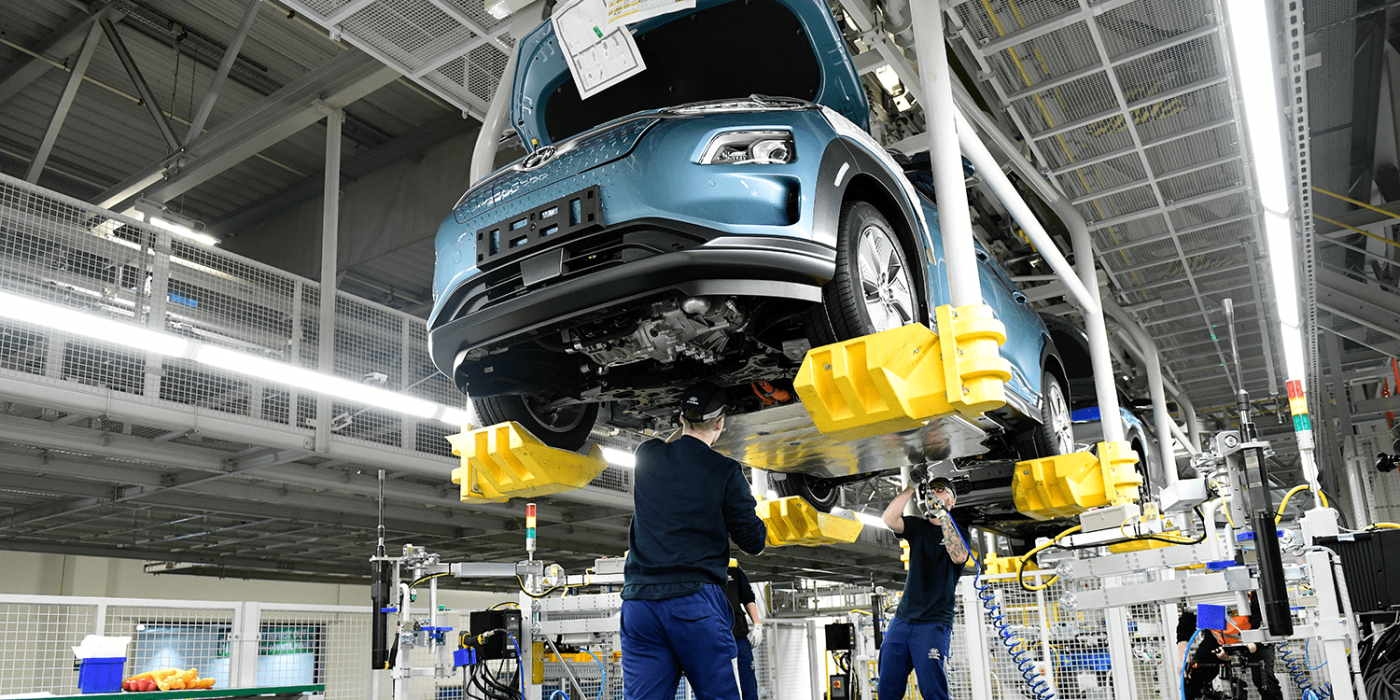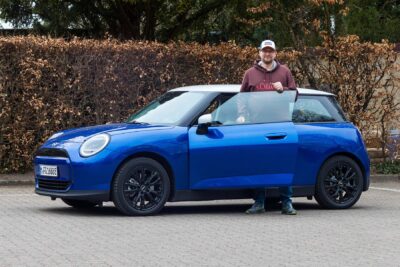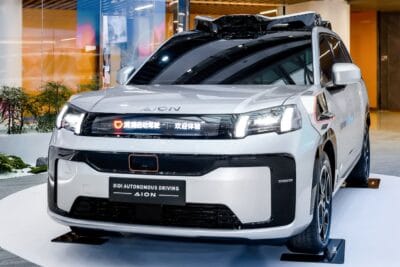Kona Electric battery recall keeps troubling Hyundai
Hyundai’s recall of the Kona EV due to allegedly faulty cells supplied by LG continues to be a bumpy road. Some owners told Reuters of delays and poor communication, adding fuel to a long story that yet awaits an adequate solution.
To recap quickly – you can find the full story here as it developed – reports of Hyundai Kona Electric cars catching fires first made headlines in October 2020. Confusion followed over the incidents believed to involve faulty cells from LG Chem that remained undetected by the battery management system. Hyundai at the time seemed in denial and delivered poor communications across markets.
The company then agreed on a recall only to find new incidents occurring in vehicles that they had supposedly repaired this January again. Hyundai engineers had opted for a software update despite the issue turning out to be more complex. The Kona Electric uses the same batteries as GM’s Chevrolet Bolt, for which there was also a recall. GM had begun swapping the batteries that October, while Hyundai stuck with the software update as a final solution.
That was until the company had to give in this February when Korean media reported Hyundai was replacing the entire batteries of all 77,000 Kona Electric vehicles worldwide. These account for nearly 70% of the 111,000 units sold over the past three years in Hyundai’s major markets of Europe, the US and South Korea. A few days later, on 25 February, the manufacturer extended the recall to include not only the Kona Electric but also the Ioniq Electric and some Elec City e-bus units at the cost of $900 million following fires in 15 Kona EVs.
Still, the decision to finally replace the batteries sounded like good news, all things considered at the time. However, the new Reuters report points to Hyundai still not having sorted the problem and even less the communication.
Take the example of Kim, an EV owner in Seoul. He told the news agency: “When I asked Hyundai’s repair centre when exactly my Kona EV will be getting a battery replacement, they just told me that they would put me ahead in the line, but I haven’t received the exact date yet.” Kim then added, “There were only a few EV options when I bought my Kona EV back in 2018, but now that there are way more EV models available, I don’t think I would go for Hyundai again.”
And Kim is not alone. Already in November 2020, 173 Kona EV owners filed a class-action lawsuit, seeking 8 million won ($7,000) compensation each for what they consider a reduced value of their EVs.
Another Kona EV owner, surnamed Lee, also said the software update, designed to reduce the fire risk until the battery was replaced, had substantially reduced the battery’s charging capacity. He will never buy a Hyundai vehicle again.
It looks like Hyundai risks losing buyers just when it tries to accelerate growth in the EV segment with Ioniq 5 just released. The new model is the first in a planned family of electric vehicles built on the common e-GMP architecture that the carmaker hopes will propel it to become the third-largest global EV maker by 2025.





28 Comments